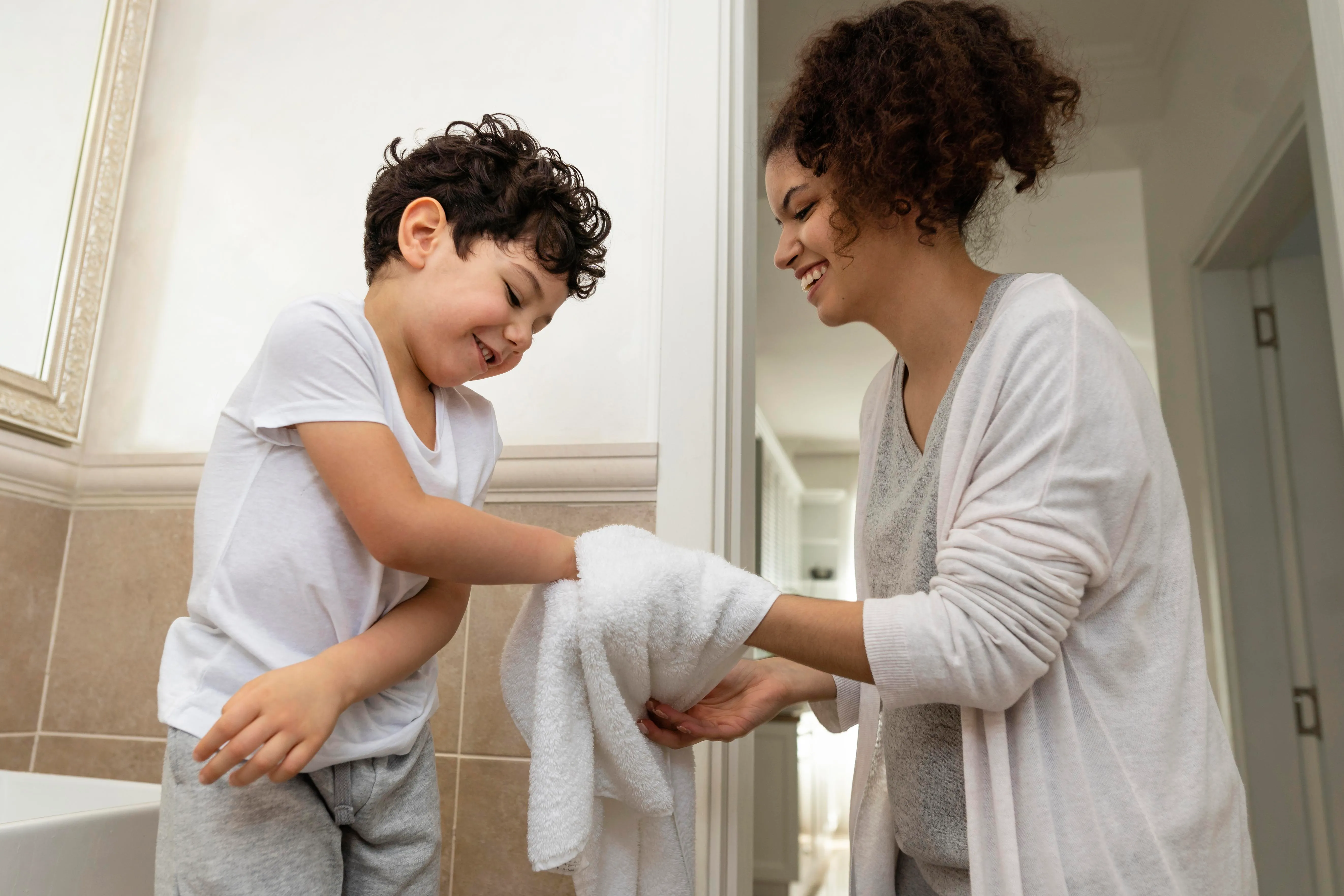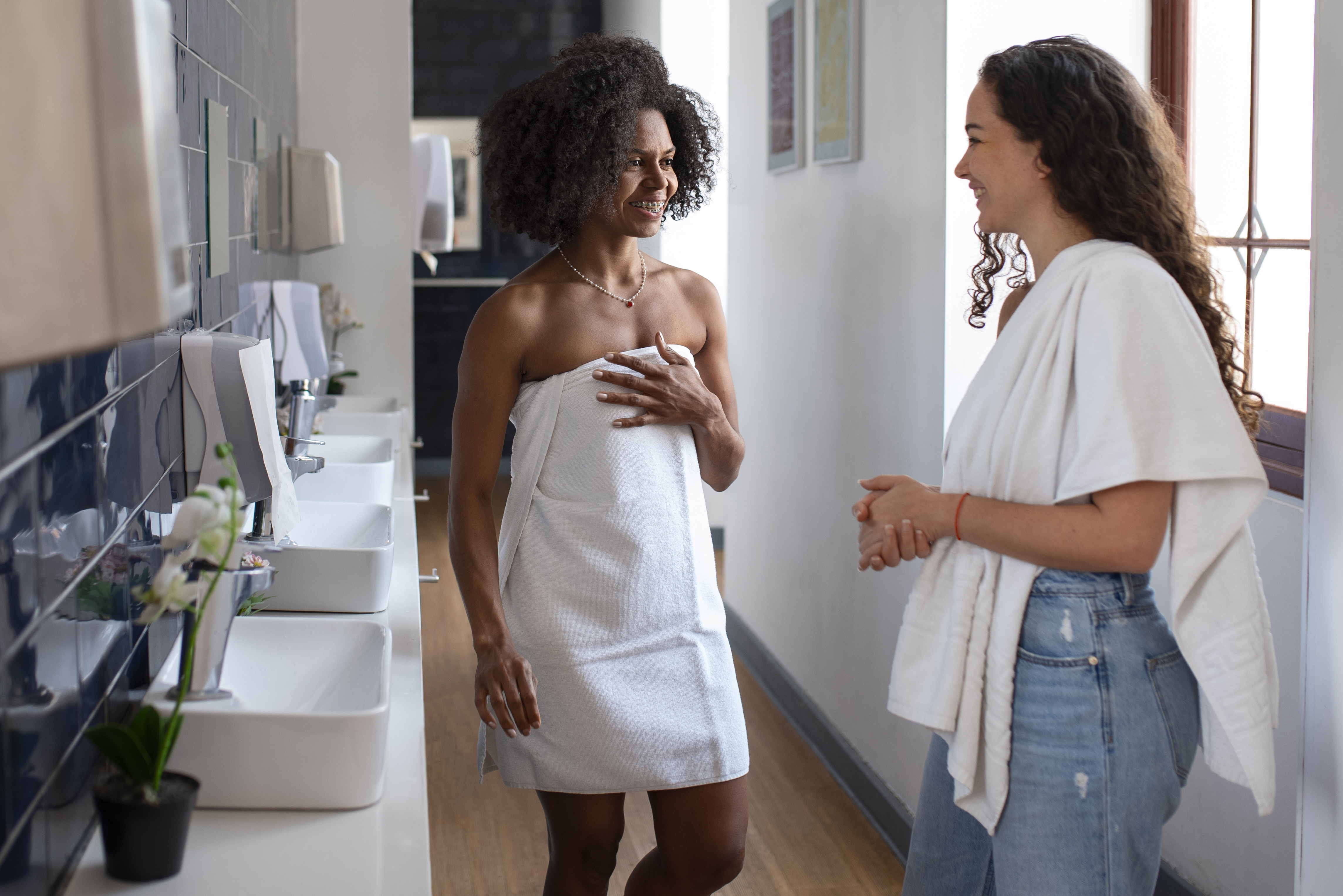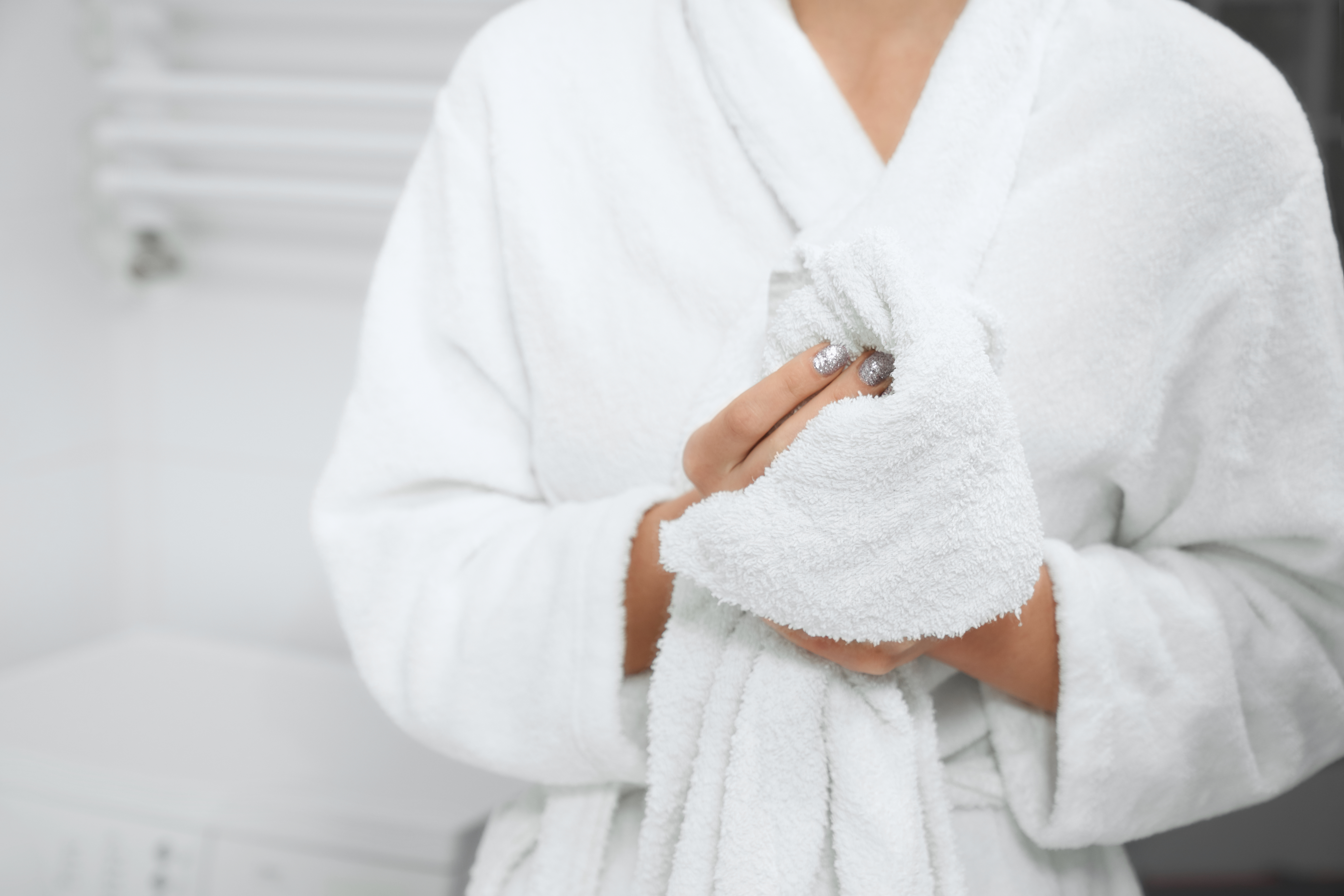
You've just got out of the shower, grabbed your towel, only to find too late that it wasn't yours. It happens more than we care to admit. But is it a big deal? Dermatologists and hygiene experts say that using another person's towel isn't merely gross but it can also threaten several health concerns, particularly when it comes to your skin, hair, and even your intimate health. In an exclusive interaction with the editorial team of Onlymyhealth, our expert, Dr Sanjeev Gulati, Department of Dermatology, Sharda Hospital, Noida, shared everything you need to know. Read ahead!
Table of Content:-
What Makes Towels a Breeding Ground?
Towels are warm, moist, and absorbent, an ideal haven for bacteria, fungi, and even viruses. Used by someone else, towels bear the residual of their skin cells, sweat, oils, and possibly disease-causing microorganisms. And, once these find their way onto your skin, the trouble can start.
Possible Dangers of Sharing Towels
According to Dr Gulati, a few possible dangers of sharing towels may include:
1. Fungal Infections
The most frequent issue is fungal infections like athlete's foot, ringworm, or jock itch. These love to live in moist areas and will happily spread with shared towels, especially if the individual has a pre-existing skin condition.
Also Read: Why Chikungunya Is Back In The News: How To Protect Yourself

2. Bacterial Infections
Bacteria like Staphylococcus aureus, which can live harmlessly on skin, may cause infections if transferred to broken skin or sensitive areas. In some cases, this could lead to folliculitis (inflamed hair follicles) or even mild boils.
3. Acne Flare-Ups
Towels used by others may have residue of oils, skincare products, or bacteria that could clog your pores, triggering unexpected breakouts or worsening existing acne, especially if you’re acne-prone.
4. Eye Infections
If you used the towel on your face, you could be at risk of eye infections such as conjunctivitis (pink eye), which is extremely contagious and easily spread by dirty fabric.
5. Cold Sores and Herpes Simplex Virus
Sharing towels with an individual who has current cold sores or oral herpes may potentially spread the virus through skin micro-abrasions on your skin.
6. Body Odour Transfer
While not a health issue, borrowing someone else's towel could transfer their odour or body scent, as it leaves behind their residual sweat, not what you were hoping for with that freshly showered sensation.

What To Do If You've Already Used Someone's Towel
- Wash Off Immediately: Shower off with running water and, if you can, apply an antibacterial or antifungal body wash.
- Avoid Contact with Face or Eyes: Stay away from your face until you have washed your hands with soap.
- Look for other Reactions: Watch for redness, itching, rashes, or acne within the next 24–48 hours.
- Clean the Area: If you have a cut or broken skin, treat the area to avoid potential infection.
- Wash the Towel: If it's a family shared towel, throw it in the wash on hot water with detergent and disinfectant.
Hygiene Tips to Prevent Future Mix-Ups
- Use separate towel colours or labels for each member of the family.
- Don't share towels at the gym, pool, or on trips.
- Wash towels every three to four uses, more frequently if someone is ill.
- Ensure towels dry completely between uses to avoid microbial growth.
Bottomline
Using another person's towel may not inevitably result in skin catastrophes, but the possibility is very real, particularly if they have something contagious or aren't exactly known for their cleanliness. When in doubt, switch the towel and preserve your skin. Cleanliness isn't just about being dry; after all, it's about being healthy, too.
How we keep this article up to date:
We work with experts and keep a close eye on the latest in health and wellness. Whenever there is a new research or helpful information, we update our articles with accurate and useful advice.
Current Version